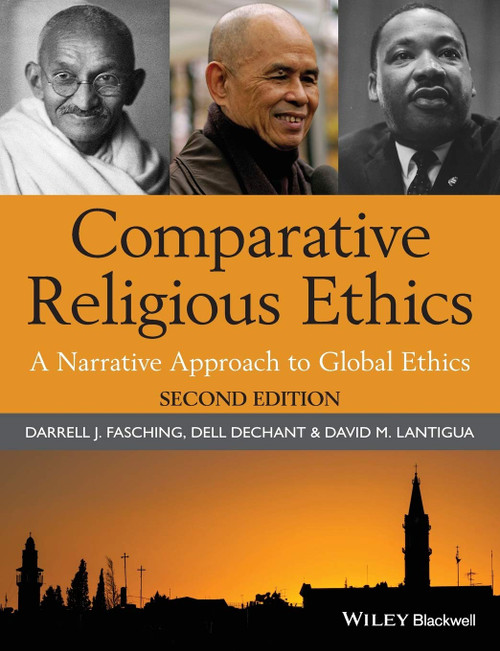The latest edition of Ethics in Sport doesn't rest on its laurels as the finest and most comprehensive collection of literature to date on moral and ethical issues confronting sport in contemporary society. The diverse anthology of essays written by world-renowned scholars has been updated to reflect the very latest issues of significance in the sporting world and contains many valuable changes.
A primer on ethics has been added at the beginning of the text, making this book even more accessible to readers with no background in ethical studies or philosophy. In addition, while some classic essays were retained from the first edition, more than half of the essays are new to the second edition.
Ethics in Sport, Second Edition, also includes three previously unpublished essays to provide readers with new perspectives on current themes and how they compare and contrast with already published views. In addition, the text features expanded sections on fair play and social ethics. A completely revamped section on drug use and genetic technology brings readers up to date on ethical questions in these controversial and rapidly changing areas. These new features make this text the ideal choice for sport management and sport studies courses.
Ethics in Sport, Second Edition, is composed of five parts. Part I, Metaethical Considerations of Sport, prepares students for the terminology ahead, defines how sport is to be understood in the text's ethical analyses, and explains the importance of this field in a sporting context. Part II, Competition and Fair Play: Considerations of Winning, Cheating, and Gamesmanship, is a survey and analysis of the timeless debate on good sportsmanship and cheating. It examines the issues of fair play, winning and athletic superiority, revising athletic tests and contests, success and failure in competitive athletics, cheating, intentional rule violations, and strategic fouling. Part III, The Limits of Being Human: Doping and Genetic Enhancement in Sport, considers the moral permissibility of using performance-enhancing drugs in sport and the controversial topic of genetic modification. Part IV, Gender and Sexual Equality in Sport, addresses the thorny issue of what constitutes sexual equality in sport and how best to achieve it. It examines gender roles perpetuated by sport that are harmful to women both inside and outside the athletic arena. Finally, part V, Select Issues in the Social Ethics of Sport: Violence, Exploitation, Race, Spectatorship, and Disability, delves into some of the major social criticisms of sport, including violence in sport, sport heroism, and disability rights in sports and education.
Whether used as a textbook or as a professional reference, Ethics in Sport, Second Edition, is an essential resource of up-to-date readings addressing the rapidly developing ethical issues at the forefront of the sporting landscape.











